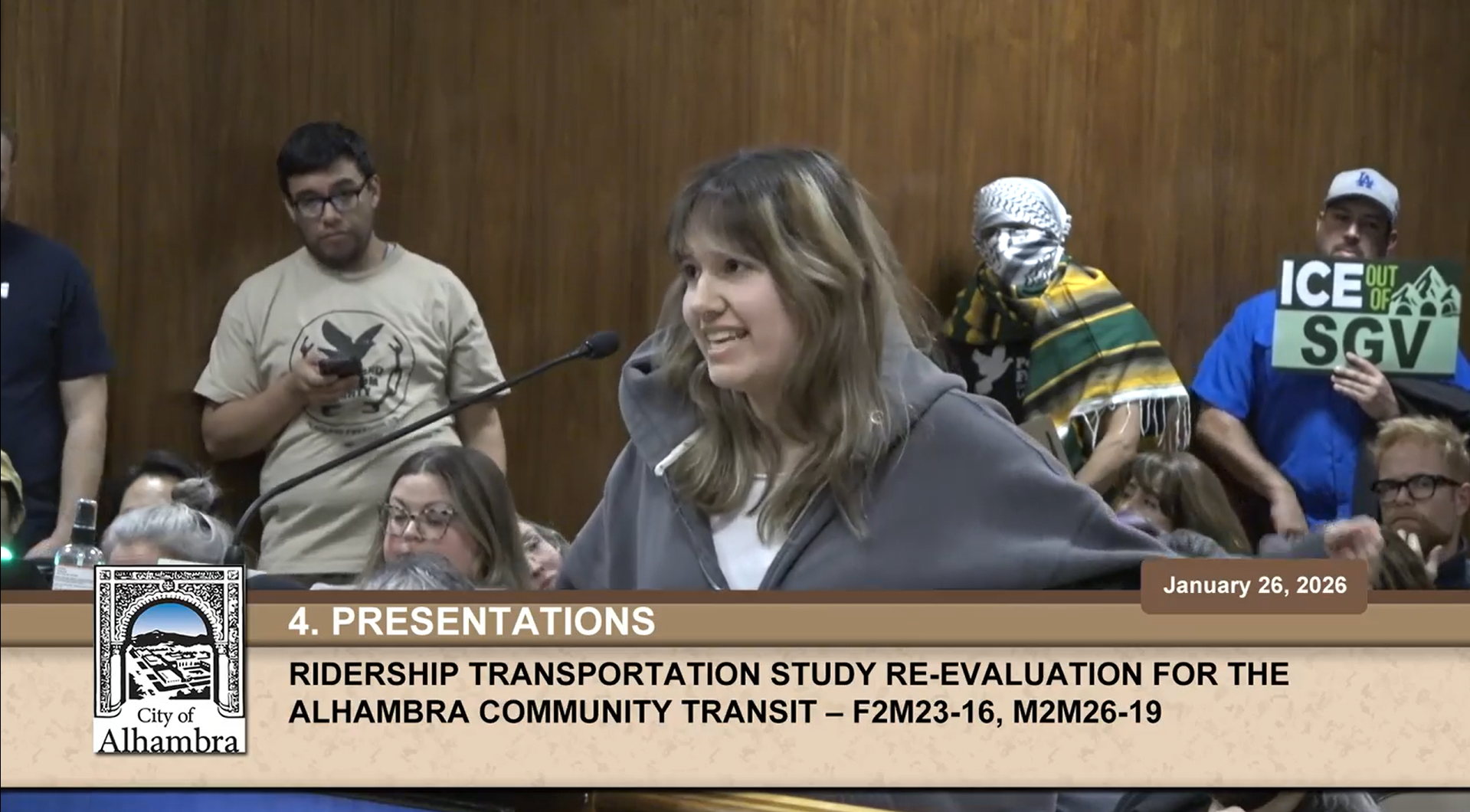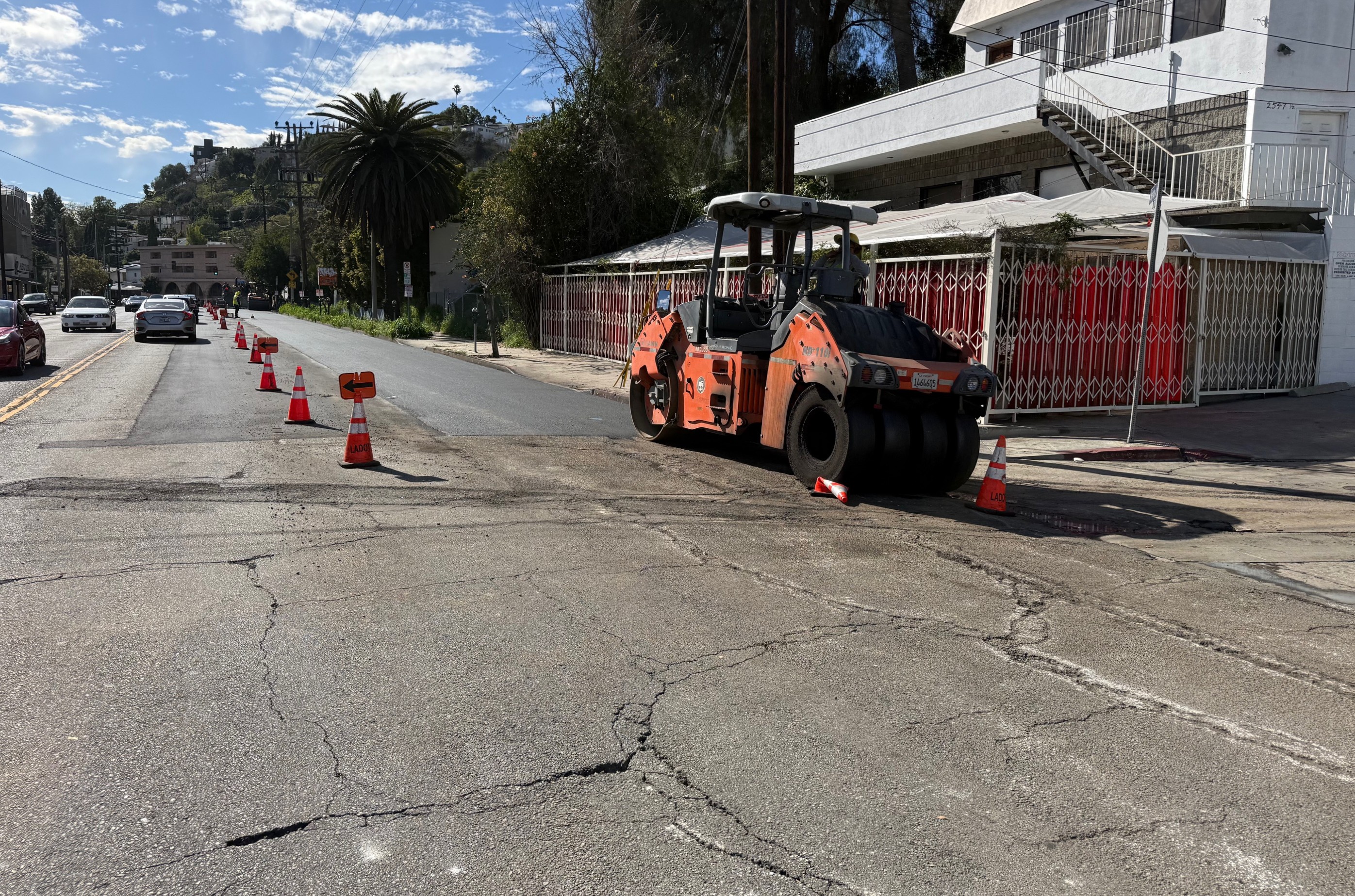Highway projects can take 10 to 15 years from planning through construction. The length of the process leads to cost overruns, some due to inflation, some from having to pay engineers and contractors for years on end. No matter how you feel about the worthiness of road capacity expansion, if a project gets built it doesn't do anybody any good to have that project cost twice what it ought to because of delays. Plus, reducing delays is going to be a key element in upcoming debates over cost-effectiveness in the transportation sector.
House Transportation Committee Chair John Mica (R-FL) has pressed the issue, insisting that the industry, together with government, must find ways to streamline to process to save money. He’s hinted that environmental reviews might, at times, be too burdensome.
Rep. John Duncan (R-TN) says U.S. projects take two to three times longer to get off the ground than other developed countries, and he chaired a Transportation Committee hearing today on project delivery delays.
Lawmakers and witnesses from transportation companies focused on the National Environmental Policy Act (NEPA) as a cause of the delays. NEPA was enacted in 1970 and in many ways still serves as the foundation for environmental review policies throughout the nation.
Thomas Margro, CEO of Transportation Corridor Agencies, which builds toll roads in California, testified, "Our agency completed the first 51 miles of our planned 67 [mile] toll road system in 12 years. However, we have spent the last 15 years trying to accomplish and finish the last 16 miles, as it has been mired in the federal environmental review process."
The first stage, to develop a Purpose and Need statement and the Alternatives for initial evaluation, took four years to accomplish, according to Margro. (Note: his written testimony says it took 28 months.) The second stage, preparing technical studies and environmental measures, he says, took six years.
In the end, the National Marine Fisheries Service agreed that the SR 241 project “would not likely adversely affect endangered or threatened fish species” but at the first hint of controversy, they backtracked. Margro says the process has failed them.
One alternative is to allow states, rather than federal officials, to do the environmental oversight, as California now does, saving 10 to 17 months in project time. In order to be allowed to do this, states must have environmental protection laws that are at least as stringent as federal ones. One deterrent to states wanting to do their own environmental oversight is that they would lose their “sovereign immunity” and take on the liability the feds would normally have.
Rep. Peter DeFazio (D-OR) insisted that sometimes project delays are just due to inefficiency, like one particular case where a project got held up because someone went on vacation.
It wasn’t a question of waiving environmental laws, but the bureaucracy was going to grind on for four or six weeks till this guy came back from vacation, went through his inbox and then decided to check the box and send it back to Portland and then it got to the top of the file there and someone decided to check the box and send it on to the Department of Transportation. And by then it might be too late.
FHWA Administrator Victor Mendez says the agency has been able to shorten some project delivery times, partly due to his initiative called Every Day Counts, which helps planners and contractors adopt “innovative” technologies and practices to reduce delivery time. Changes to environmental reviews play a very small role in the long list of tools in his delay-mitigation toolkit.
Indeed, only three percent of federal highway projects actually undergo an environmental impact statement process, according to Michael Replogle of the Institute for Transportation and Development Policy. He says efforts to reduce delays should focus on diminishing unnecessary and redundant bureaucracy and improving cost-effectiveness.
Delays don’t just dog highway projects. They can also slow down transit work. Kathryn Phillips of the Environmental Defense Fund says environmentalists want to see good transit projects go forward without delay.
That’s probably one reason you’ll find folks in the environmental community more willing than we’ve been in the past to even talk about NEPA changes through the transportation bill. Our concern, though, is that the conversation not get out of hand and that some people don’t use it as opportunity to just strip away environmental protections. Environmental protections are there for two critical reasons. One, to protect public health and the environment; and two, in this realm, to get to a place where you’re not spending all your time in court.
She says that if those who want to see fewer and weaker environmental reviews get their way, they could see even longer project delays – because agencies and contractors will be busy fighting community lawsuits.







